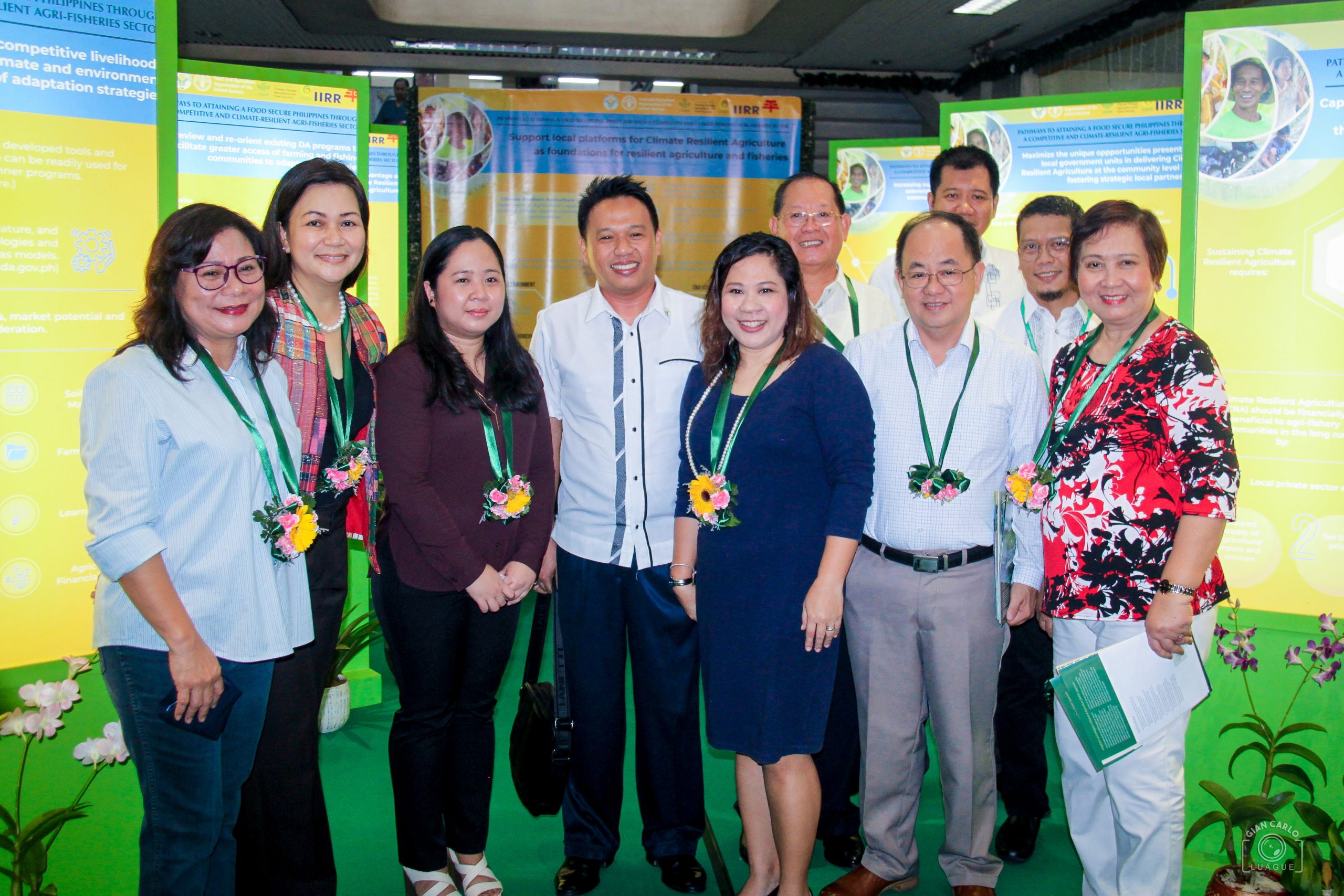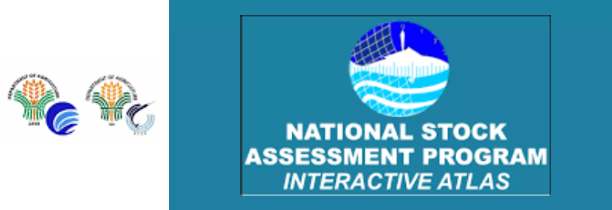
Pursuant to Proclamation No. 1667, the Department of Agriculture (DA), through the System-Wide Climate Change Office (SWCCO), joined the observance of the 12th Annual Global Warming and Climate Change Consciousness Week from November 18 to November 25, 2019.
Agriculture Undersecretary for Policy and Planning, Project Development, Research and Regulations Rodolfo V. Vicerra; Consultant to the Office of the Secretary Rosalina Bistayong; DA-SWCCO OIC-Director U-Nichols Manalo; Food and Agriculture Organization Disaster Risk Reduction and Management (DRRM) and Climate Change Adaptation (CCA) Specialist Carlie Labaria; Philippine Commission on Women (PCW) Commissioner Sandy Sanchez Montano; International Institute of Rural Reconstruction (IIRR) Project Manager Ruvicyn Bayot; and 1st District Board Member of the Province of Palawan Maria Angela V. Sabando led the ribbon-cutting ceremony for the opening of the exhibit area on November 18, 2019 at the DA lobby.
This year’s theme: “Adapting for a Sustainable Future” encourages policy and regulatory bodies and stakeholders to take charge in attaining a food-secure Philippines through a competitive and climate-resilient agriculture and fishery sector.
“The Philippines ranked no. 5 as the country with high vulnerability against disasters,” DA-SWCCO Director U-Nichols Manalo said.
The climate-resilient agriculture (CRA) is an approach implemented by the department to promote resiliency in livelihood community and environment. It aims to increase agricultural productivity and income in a sustainable and environmentally sound manner, capacitate households and food systems to adapt to climate change, and reduce greenhouse emissions and increases carbon sequestration.
In 2014, the DA-SWCCO launched the Adaptation and Mitigation Initiative in Agriculture (AMIA) program which addressed the challenges of climate change in agri-fishery communities. It also assessed and monitored the impact of its adaptation initiatives.
Over the years, the DA-SWCCO have developed extensive number of available, mature, and scalable CRA technologies and practices on the ground, with the AMIA villages as model pathway.
Recognizing that resiliency is top priority, the DA-SWCCO geared towards mainstreaming climate-resilience, sustainability, and productivity in the DA’s programs, plans, operations, and investment.
To achieve this, the DA-SWCCO identified nine adaptation strategies that should be taken into consideration. These are: agricultural diversification, climate-resilient crops, sustainable mechanization, enterprise development, climate information services, agricultural financial services, learning platform, farmers’ database, and soil and water management. ### (Kristel Merle, DA-AFID)













